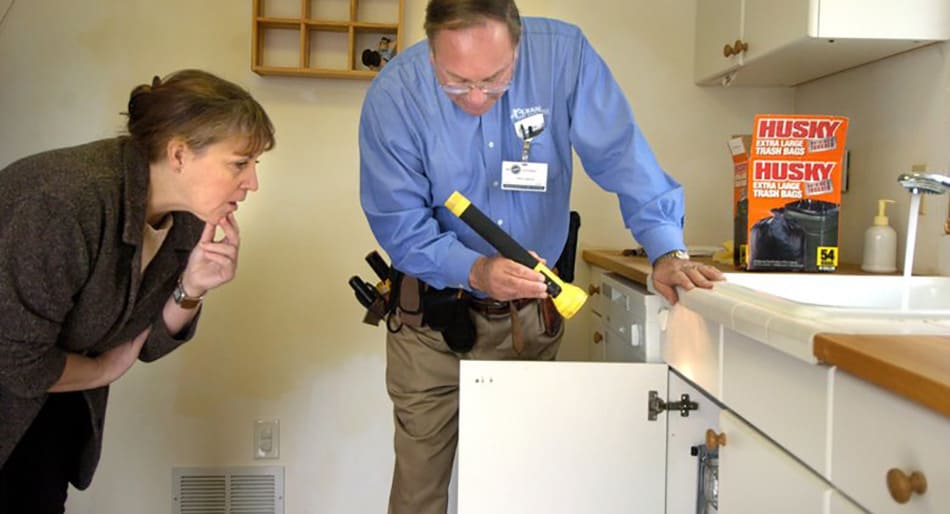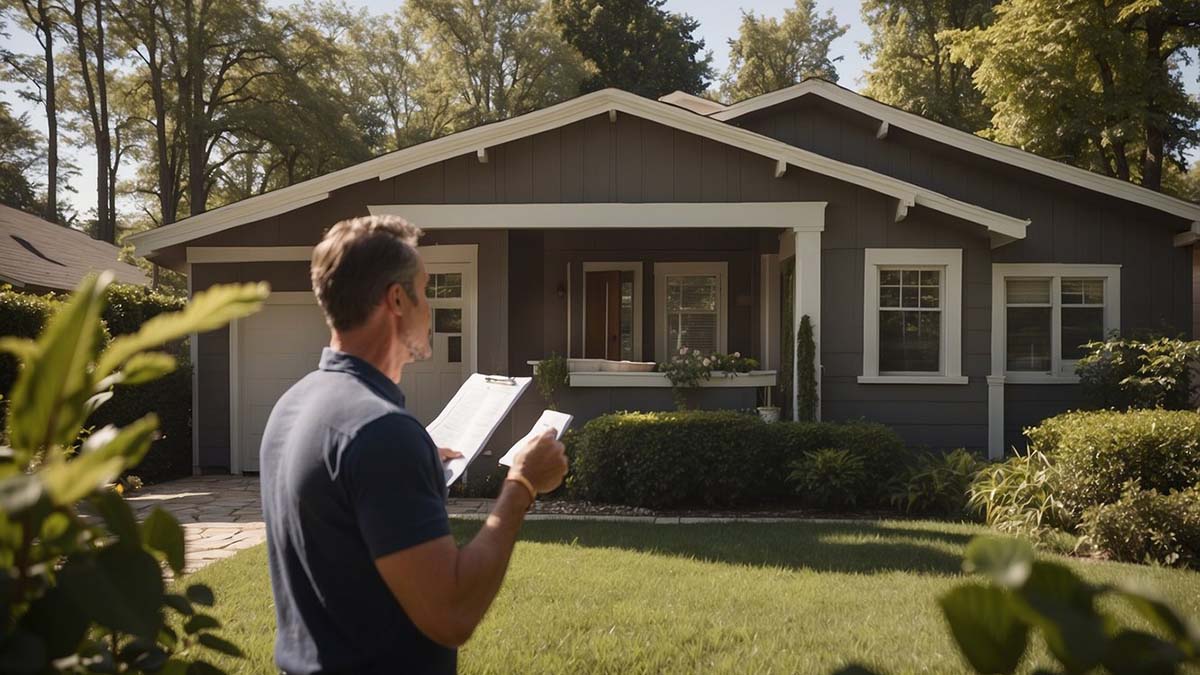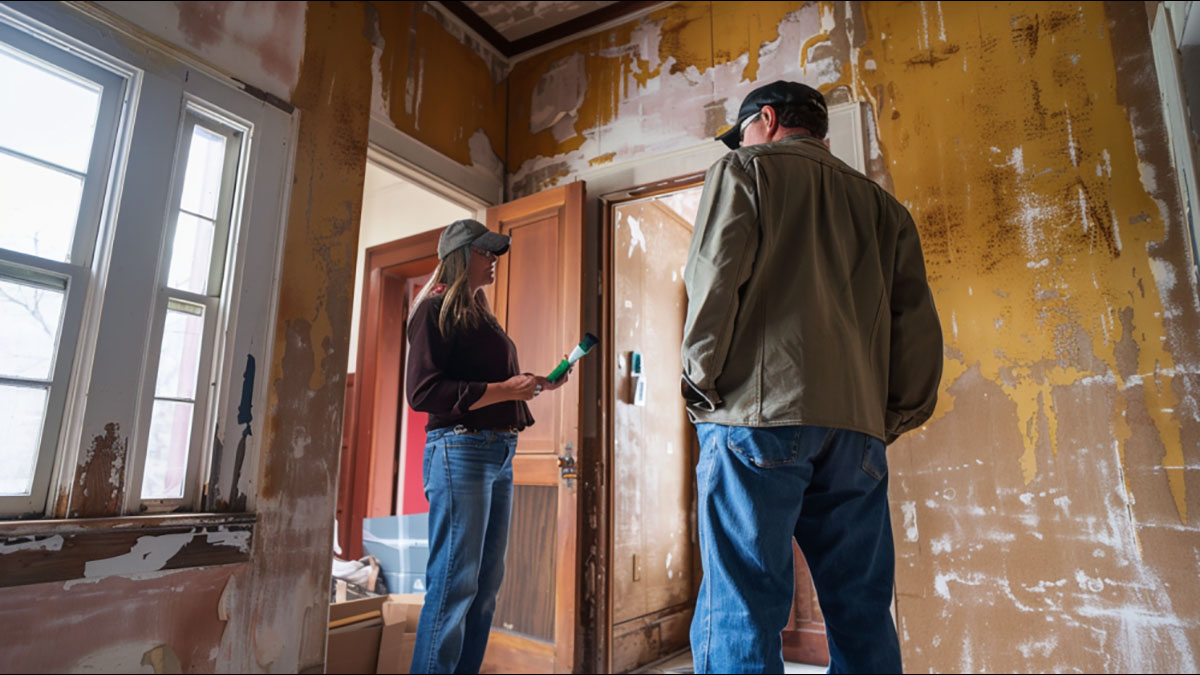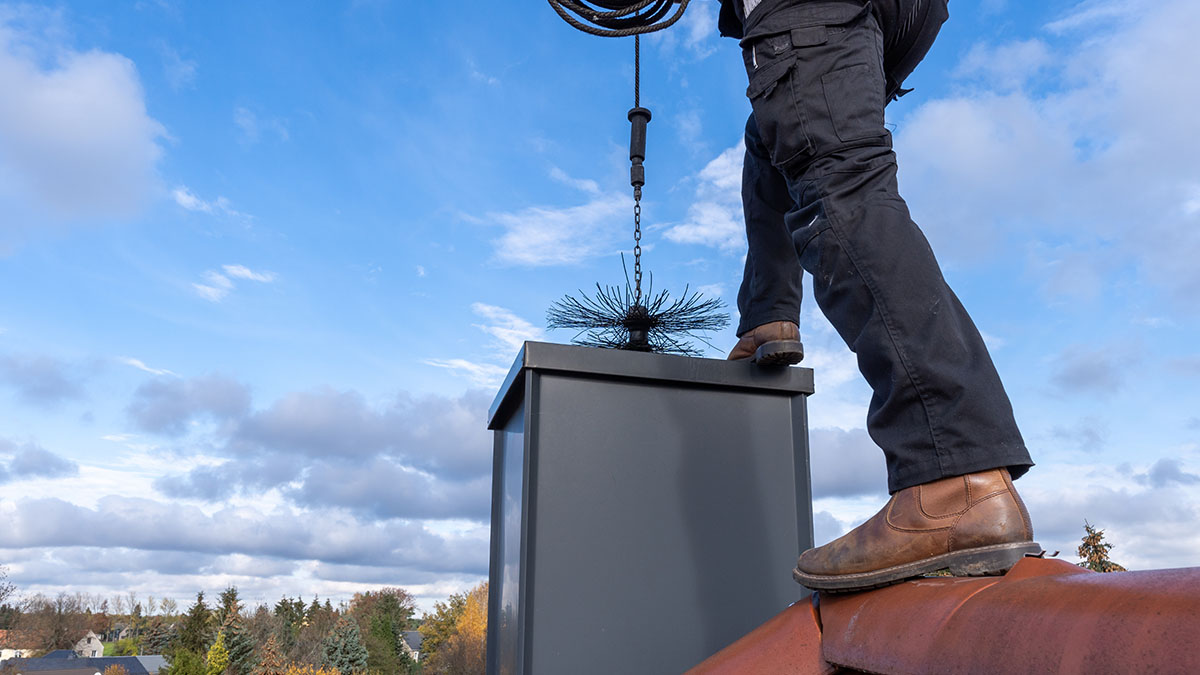Once a buyer has viewed several homes and has found one they love, they will make a purchase contingent on a home inspection. Home sellers will want to know if they can attend the home inspection.
Can the seller attend the home inspection? Sellers can attend a buyer’s home inspection. Buyers must remember that the seller is still the homeowner in the transaction. Ultimately, unless it’s directly stipulated in the buyer’s purchase offer, the seller can be present for the buyer’s home inspection.
I often tell buyers that while the current homeowner shouldn’t be present for the home inspection, ultimately, it’s still their house, and they are allowing us to inspect the home, and that’s most important.
Real estate etiquette suggests that it’s common courtesy for sellers not to be present for the home inspection because the sellers are not home when the house is shown to prospective buyers. This allows buyers the privacy to ask their home inspector direct questions and gather as much information as possible from a professional without the fear of
Buyers must remember there are reasons for and against sellers being present for the buyer’s home inspection. Let’s examine some reasons for and against a seller being present for the home inspection.

Seller May Prefer to Separate Themselves from the Home Inspection
Sellers should remember that they are selling the house. Sellers are emotionally tied to their property, and rightfully so. It’s been their home. They’ve made memories there. The potential buyer doesn’t have that connection with the house yet.
When sellers are present for the home inspection, it creates an uncomfortable environment where the buyer feels more like a guest than a potential owner. Leaving home for a few hours to allow the home inspector and buyer to inspect the home thoroughly can help the buyer bond with the house and begin to picture it as their home. They can visualize building a future there.
The Seller’s Presence at the Home Inspection Isn’t Required
The home inspector doesn’t require a seller’s presence. The home inspector doesn’t need the owner to show them around the house and where things like the mechanical equipment are located. If a seller feels the need to assist a home inspector, it’s generally perceived that the seller is trying to garner information from the inspector.
If you want to help the home inspector, please leave the home inspector a note, including your phone number. Sellers can use a home inspection checklist to prepare their homes for inspection. This is the best help you can offer the home inspector. No further input on the seller’s part should be required.
A seller can do some things to help a home inspector without attending the home inspection. I’ve listed a few examples below to help prevent minor defects from littering your home’s inspection report. These examples include:
- Ensure there are clear pathways to all mechanicals – the home inspector will need to access the mechanicals and the data plates to verify size, age, and condition.
- Be sure the electrical service panel is not blocked – home inspectors need access to the electrical panel to remove the cover and inspect the wiring, breakers, and connections.
- Ensure the attic access is accessible – ensure no obstructions like clothing, shelving, or other storage items prevent the home inspector from accessing the attic via the pull door ladder or by setting up their ladder at the hatch.
- If a gas fireplace is present, be sure to light your pilot light – according to the home inspector standards of practice, home inspectors are not required to light pilot lights for safety reasons. Some home inspectors will still do this regardless but don’t leave it to chance.
- Replace blown light bulbs – a home inspector will note blown light bulbs because an underlying electrical issue may prevent the fixtures from functioning correctly.
- Provide service to all available records – if you’ve kept your heating and cooling systems adequately serviced, have this information available for the home inspector. If you’ve had the system maintained and didn’t have documentation to support that, the home inspector may still refer it for evaluation based on age alone.
- Provide all repair records available – if you’ve had some items repaired by a licensed contractor, have that documentation available to the home inspector to support that.
- Provide a copy of termite treatment or bond available – termites can damage a home significantly. Home inspectors will often document the need for a termite preventative treatment if there’s no visible evidence one’s been done or if it’s unknown when the last termite treatment was performed. Having a termite bond shows the home inspector your due diligence.
- Leave keys for locked doors – be sure you leave a key for locked doors such as keyed deadbolts, storage rooms, or detached buildings.
- Leave a phone number if the home inspector needs to contact you – leave a note with a good contact number if the home inspector has a question for you.
Sellers May Ask to Attend the Home Inspection if Trust is an Issue
If the seller has a strained relationship with their listing agent or has had a tough negotiation with the potential buyers, a seed of distrust exists. The seller may feel pressured to give up more than they think they should. They could sense that the home inspection is used for the buyer to extract more from the seller.
This may or may not be the case, but for most people, perception is often reality, and if the seller perceives they are being mistreated, they will see it as reality. That reality will likely manifest as distrust for all parties involved and a desire to protect their best interests.
Sellers Fear the Overzealous Home Inspector
In some markets, the home inspection competition is fierce. Home inspectors who are new in business or not good at marketing their services have few ways to differentiate themselves in the market other than nick-picking houses to death or competing on price.
I’m all for providing thorough home inspections. A home inspector can provide a detailed home inspection without going out of their way to exaggerate the severity of the house’s condition to the buyers to make themselves look good.
Home inspectors are not building code inspectors. Too many home inspectors try to play building code enforcement officers when they have no real power to do anything more than identify the defect and suggest a licensed building contractor repairs it.
Home inspectors that conduct business this way are generally out of business within a few years because they’ve developed no other means to market themselves. They don’t understand real estate law and cause unnecessary problems for real estate agents; thus, agents stop referring them to their clients. They are left to figure out how to get referrals from the general public, which often isn’t enough to sustain a business.
Seller Wants a Witness to the Home Inspection
While most home inspectors and buyers treat the seller’s home with the utmost care, this is not always the case. Many forum posts and blog comments regarding the horror stories where sellers have returned home to find out their homes were damaged.
Suspect areas found by home inspectors, home buyers, or both have resulted in hundreds to thousands of dollars in property damages during home inspections. They justify the damage by citing it as part of the discovery process.
A home inspection is supposed to be a non-invasive visual inspection of the property. However, home inspectors and some buyers routinely probe wood, looking for damage. For example, consider the home inspector sees water damage to the exterior siding or fascia boards.
In that case, they must cite the condition and refer it to a licensed contractor for further examination. However, some home inspectors will probe damaged areas out of nothing more than pure curiosity.
Having a witness other than the buyer present for the entire home inspection is in everyone’s best interest. If the seller cannot be present, it’s becoming more common for sellers to require either the buyer’s agent or the seller’s agent to be present at the home inspection if the seller can’t attend the home inspection.
Related Questions
Do sellers get a copy of the home inspection report? Unless the seller hired the home inspector, the home inspection report is the property of whoever hired the home inspector. The home buyer generally hires the home inspector. The home buyer will occasionally provide the seller with a copy of the home inspection report (or a copy of the home inspection summary) to justify a repair request.
Does the seller have to fix everything on a home inspection? Buyers will often request structural damage, electrical issues, plumbing leaks, roof leaks, and health or safety items repaired. Lenders will require some repairs to be made to finance the home. See our home inspection tips for sellers.
Can the seller back out after the home inspection? When buyers receive their home inspection report, they often request that sellers make certain repairs or request a discount to cover those costs themselves. If a seller refuses, it could, in essence, cancel the purchase agreement.







